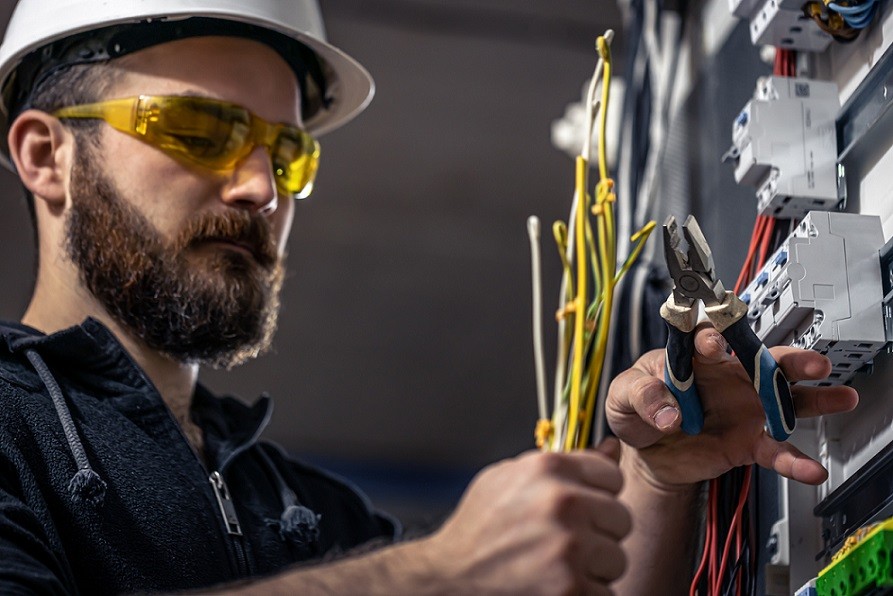Safety First: Prioritize safety above all else when dealing with electrical work. Ensure that the power is turned off before working on any electrical components, and use insulated tools to minimize the risk of electrical shock. If you’re unsure about how to safely complete a task, don’t hesitate to call a professional electrician for assistance.
Know Your Limits: While it’s tempting to try and tackle electrical repairs or installations on your own, it’s important to know your limits. Electrical work can be complex and dangerous, and mistakes can have serious consequences. If you’re not confident in your abilities or lack the necessary skills and knowledge, it’s best to leave the job to a qualified electrician.
Stay Up to Date: Electrical codes and regulations are constantly evolving to keep up with advancements in technology and safety standards. Make sure you stay informed about the latest codes and regulations in your area to ensure that your electrical work is up to code. Hiring a licensed electrician who is familiar with current regulations can help you avoid costly mistakes and ensure compliance with local building codes.
Invest in Quality Materials: When it comes to electrical work, it’s important to use high-quality materials and components to ensure safety and reliability. Don’t cut corners by opting for cheap or inferior products—investing in quality materials will pay off in the long run by reducing the risk of electrical problems and ensuring that your electrical system operates smoothly and efficiently.
Consider Energy Efficiency: In addition to safety and reliability, consider energy efficiency when planning electrical upgrades or installations. Investing in energy-efficient lighting, appliances, and electrical systems can help reduce your energy bills and minimize your environmental footprint. Consult with a qualified electrician to explore energy-saving options and identify opportunities to improve the efficiency of your electrical system.



